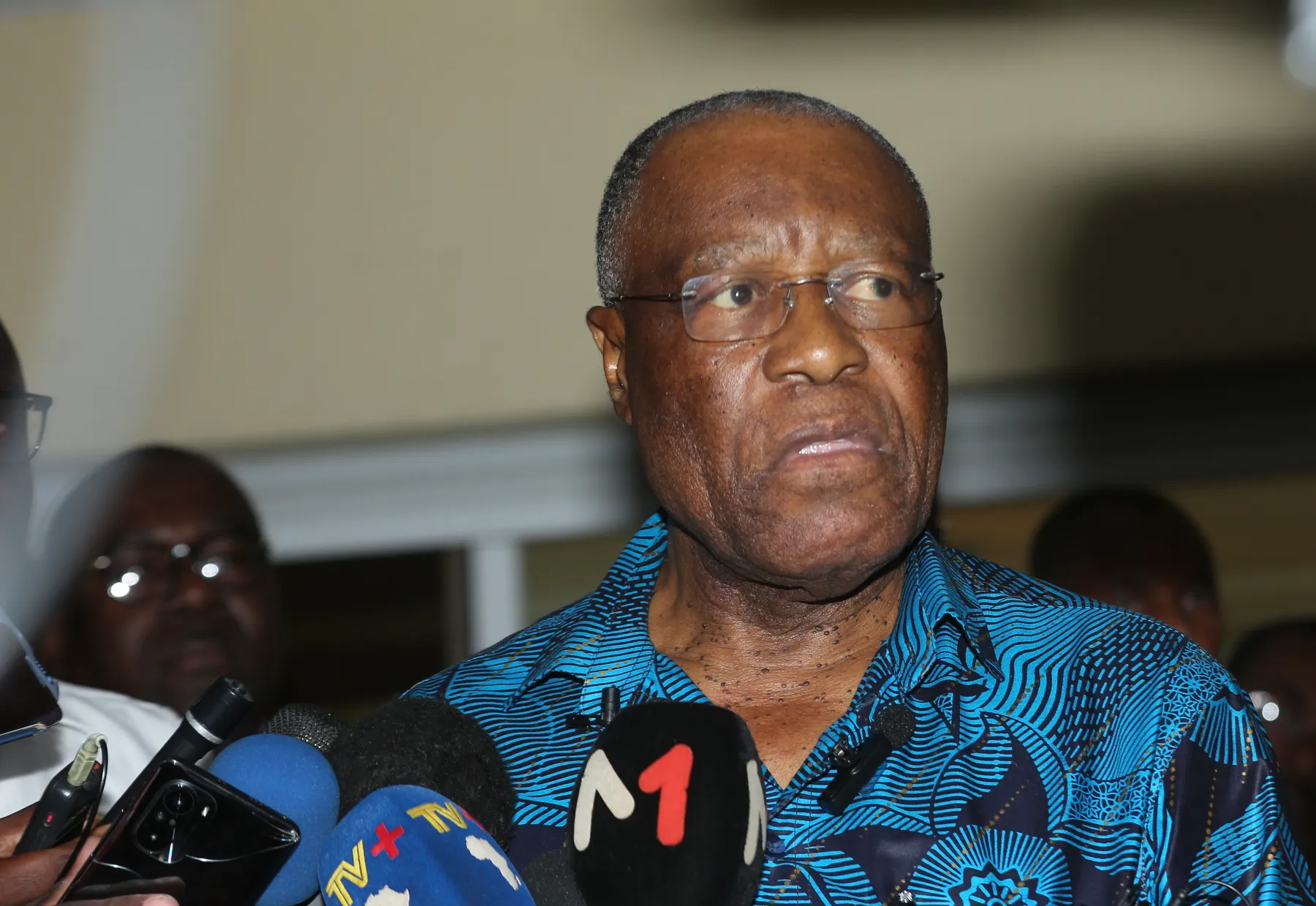Gabon’s main opposition candidate in the disputed 26th August Presidential election, Albert Ondo Ossa has claimed victory in the election while brushing aside Wednesday’s coup in the oil-rich central African country as ‘a disappointment’ and ‘family affair’.
Africa Today News, New York reports that coup plotters had struck early on Wednesday, minutes after the electoral authority announced that President Ali Bongo, who had been in power since after his father’s death in 2009, had won a third term.
Speaking in an interview with newsmen yesterday, Ossa said; ‘I consider myself to be the candidate who won the presidential election, ‘adding that the election outcome and military takeover were ‘two coups in one’.
He did not give any more details about his claim but said the Gabonese had voted massively for him and he would use constitutional means to contest the election outcome.
Africa Today News, New York reports that Ossa, an economics professor had been presented by six opposition parties under the alliance Alternance 2023, garnered 30 percent of the votes while the incumbent got 64 percent.
A dozen soldiers who introduced themselves as members of “The Committee of Transition and the Restoration of Institutions”, had announced on national television that they were annulling the election and dissolving all institutions of state.
The putschists said they acted partly because of “irresponsible and unpredictable governance” and because preparation for the election “did not meet the conditions for a transparent, credible and inclusive ballot so much hoped for by the people of Gabon”.
The ousted president later confirmed via a viral video believed to be recorded in the presidential palace, that he had been detained by the coup leaders, most of whom seemed to be from the Republican Guard, mandated to secure the president.
Brice Nguema, leader of that unit and a cousin to Bongo, was also named transitional leader on Wednesday.
“I had imagined this coup d’etat, it was likely,” Ossa told Al Jazeera. “I follow political activity in the country, I see how the institutions work, I see how the presidential guard works and I saw the rise of Brice Oligui Nguema and I knew something was up.”
Both men are not strangers to each other. The opposition candidate served as education minister under the tenure of Bongo’s father Omar when Nguema was a captain within the Republican Guard.
On Friday, Nguema vowed the country’s institutions would be more democratic.
“The dissolution of the institutions” decreed on Wednesday during the coup “is temporary”, he said in a speech. “It is a question of reorganising them in order to make them more democratic.”
In the coup announcement, the soldiers said Gabon was “finally on the road to happiness”.
Hundreds of citizens took to the streets of Libreville the capital to celebrate with the soldiers, with some hugging them, evidence of gratitude for what they saw as freedom from the Bongo dynasty which had been in power since 1967. There were similar scenes of joy in Port-Gentil, the central African country’s second-largest city.
But Ossa criticised the coup, saying it was “a disappointment”.

